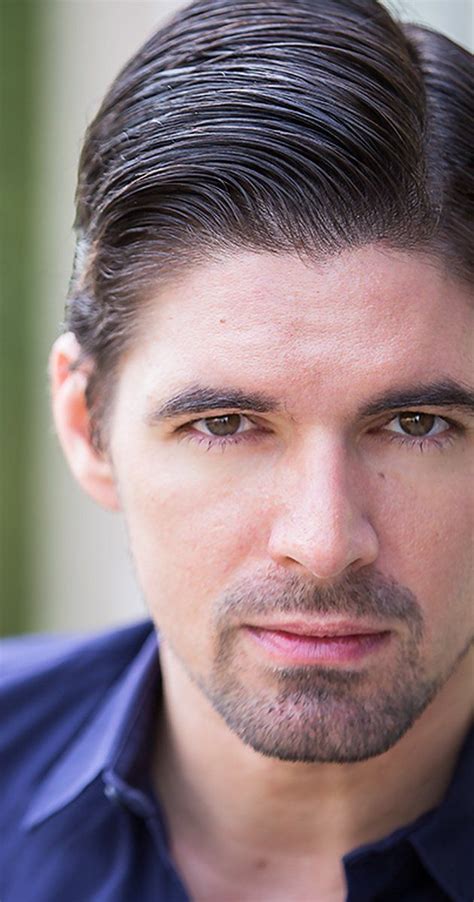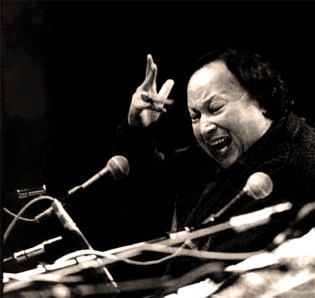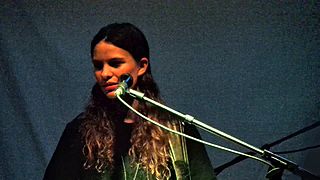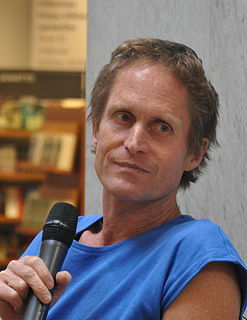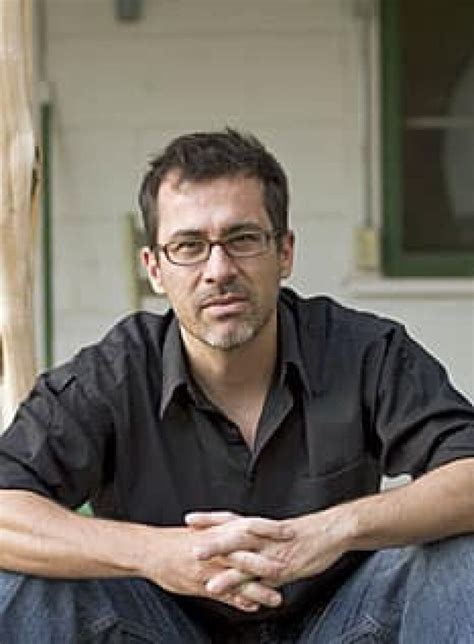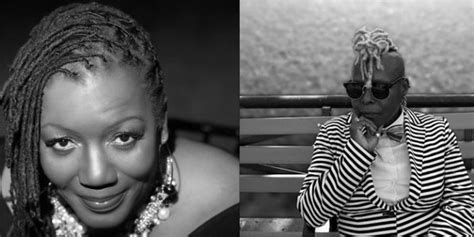A Quote by Arca
Speaking two languages fluently makes each language not so important.
Related Quotes
Many accents and languages is part of myself has definitely played an important role in who I am today as an actor. I feel that speaking five languages has given me the opportunity to work in many different countries across our globe and it makes me understand better the value of each project when it is written in its original language.
Love can be expressed and received in all five languages. However, if you don't speak a person's primary love language, that person will not feel loved, even though you may be speaking the other four. Once you are speaking his or her primary love language fluently, then you can sprinkle in the other four and they will be like icing on the cake.
All the kids are learning different languages. I asked them what languages they wanted to learn, and Shi is learning Khmai, which is a Cambodian language; Pax is focusing on Vietnamese, Mad has taken to German and Russian, Z is speaking French, Vivienne really wanted to learn Arabic, and Knox is learning sign language.
When Nigeria actually gave me the call-up I thought 'oh, it's going to be a challenge, I don't go back there a lot, I don't really speak the language.' I wasn't speaking the language as fluently as I am now, so it was always going to be a challenge, but it was a challenge I decided to take and change nationalities.
When you speak a foreign language, you become someone else. If you aren't used to speaking a language, and you start speaking it again, for the first few sentences you'll find yourself in very strange shape, because you're still the person who was speaking the first language. But if you keep speaking that language, you will become the person who corresponds to it.
Those who become hyperpolyglots are those who meet two criteria. One, they are exposed to language material. Two, they undertake learning languages as a mission as well as acquiring the personal identity as a language learner.I describe the "neural tribe theory" of hyperpolyglots, arguing that they possess an atypical neurology that is selected by some environments and not others; presumably, there have always been humans walking around with that set of neurological traits or factors, only some of whom actually use those things for languages.
I try to write each piece in the language of the piece, so that I'm not using the same language from piece to piece. I may be using ten or twenty languages. That multiplicity of language and the use of words is African in tradition. And black writers have definitely taken that up and taken it in. It's like speaking in tongues. It may sound like gibberish to somebody, but you know it's a tongue of some kind. Black people have this. We have the ability as a race to speak in tongues, to dream in tongues, to love in tongues.

